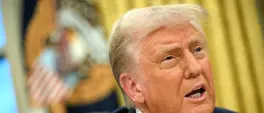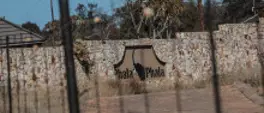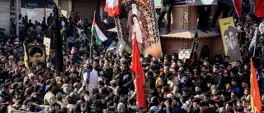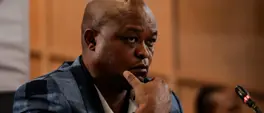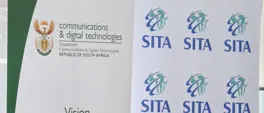MANDY WIENER | If canaries sing, prepare for state witness deals
Mandy Wiener
6 November 2025 | 11:21Former Bosasa COO Angelo Agrizzi has effectively avoided jail time by entering a plea deal with the State.
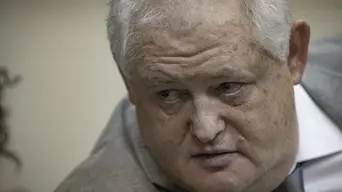
FILE: Angelo Agrizzi appears in the Randburg Magistrates Court on 27 June 2019. Picture: EWN
Agrizzi has been sentenced to 10 years, wholly suspended for five years, in exchange for his honest testimony and co-operation with the NPA.
The Agrizzi deal comes amidst the potential of new high-profile deals being struck with those at the centre of the policing scandal. We would do well to prepare ourselves for such scenarios unfolding. Although they are less than ideal, they may be necessary.
In former National Director of Public Prosecutions Vusi Pikoli’s book that I co-authored with him in 2013, he said the following:
“I accept that the greatest criticism of my tenure is that I allowed Kebble’s killers to go free, but what could possibly be worse than a national police commissioner who is a criminal himself: guilty of corruption and of protecting criminals? We would never have been able to solve the Kebble murder were it not for those deals.”
As a result of the deals, former National Police Commissioner and head of Interpol, Jackie Selebi, was convicted and sent to prison.
As the Madlanga Inquiry and the ad-hoc committee in Parliament continueto hear more evidence of high-level police corruption, expectations will build that testimony will translate into successful prosecutions and convictions.
One of the greatest failings of the Zondo Commission was that, while all the sordid details of State Capture were laid bare, those implicated did not end up in orange overalls; neither the Guptas nor their lieutenants, nor the senior politicians who were implicated by the evidence of insiders and whistleblowers.
That cannot happen this time around. The evidence before the court of public opinion must be brought before a court of law.
However, the bar for prosecution before the court of law is much higher than in the court of public opinion.
Much of the evidence of bribes being paid to senior generals is circumstantial. Cash payments are hard to prove. It won’t be sufficient to show CCTV footage of a subordinate carrying a white shopping bag.
If they cannot build a case on hard evidence – forensic reports, bank account statements, lifestyle audits, etc. – then they will have to rely on witness evidence. Those witnesses would have to be eyewitnesses or people with firsthand experience of the corruption.
This could mean that prosecutors will have to flip members of the syndicate to turn state witnesses against generals and politicians, either through Section 204 of the Criminal Procedure Act, which grants immunity from prosecution in exchange for honest testimony, or Section 105a, through a plea deal and a reduced sentence.
“Section 204 immunity arrangements are generally used in cases of organised crime where law enforcement authorities are planning to bust crime syndicates. Immunity is international best practice in matters of organised crime, especially in cases involving corruption, which is often difficult to prove, because those who are involved in these crimes are seldom willing to talk,” Pikoli explains in the book.
“There is considerable reluctance to expose one another simply because the one who corrupts is as guilty as the one who has been corrupted. Therefore, it is very difficult to accumulate evidence, and at times the tactic of offering immunity must be implemented.”
Often it is the lieutenants or the middlemen, the businessmen at the centreof the network, who do a deal to stay out of jail.
People like Vusimuzi ‘Cat’ Matlala, Brown Mogotsi or Katiso ‘KT’ Molefe could be prime candidates. That is, if the NPA decides that they want to go for the ‘bigger fish’ of generals and politicians.
However, the NDPP would have to weigh up the costs of such arrangements. There would be enormous public criticism of doing deals with cartel bosses, as Pikoli can testify to.
South Africans would revolt at seeing those allegedly behind the ‘Big 5’ cartel walking free. A judge would have to decide on the veracity of their testimony, and there is inevitably a lingering sense of doubt about whether they told the full truth and if they can be considered credible witnesses.
Our experience has shown us the value of witness testimony from people like Glenn Agliotti or Angelo Agrizzi in the Bosasa matter. But there is a vast degree of risk involved in relying on evidence of complicit individuals.
South Africans will have to start wrapping their heads around the possibility of this happening again in the current cases. While no deals are reportedly on the table at this stage, it may be the only way to see prosecutions and convictions being successful. But that could come at a price we are not willing to pay.
Get the whole picture 💡
Take a look at the topic timeline for all related articles.


